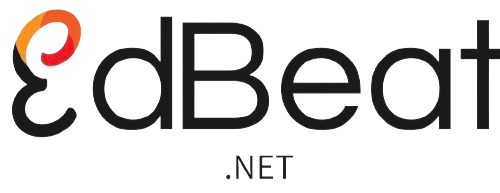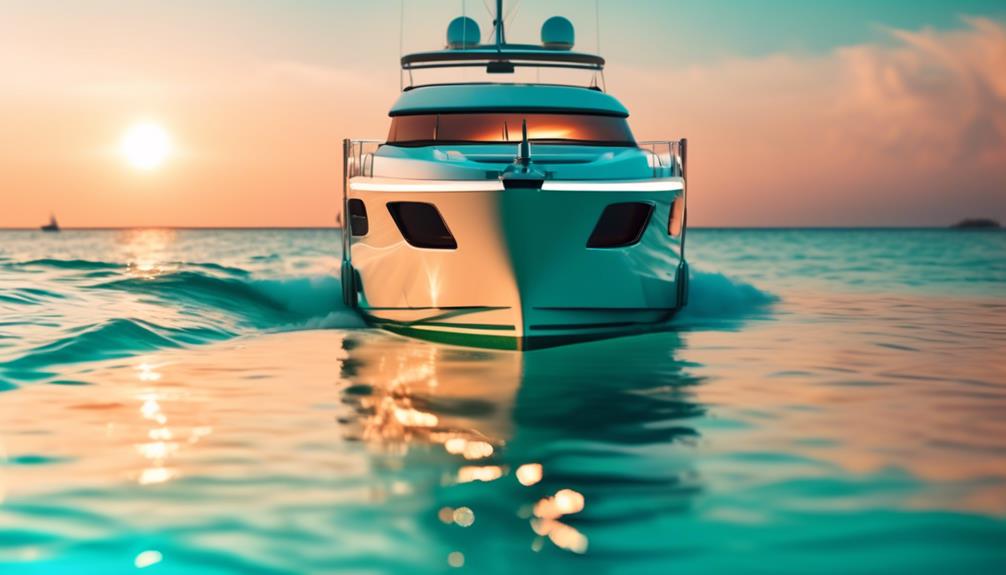Boats, both functional and recreational, have long captured the imagination of many individuals. From serene sailboats to powerful motor yachts, the allure of owning a vessel is undeniable. However, before embarking on the journey of boat ownership, it is crucial to consider the financial implications. How much does a boat cost? This question may seem simple, but the answer is anything but straightforward. The price of a boat is influenced by various factors, including the type of boat, initial purchase costs, ongoing maintenance expenses, additional equipment requirements, storage fees, and financing options. Understanding these elements is essential for budgeting and ensuring affordability. In this discussion, we will explore the intricacies of boat pricing, shedding light on the many aspects that contribute to the final cost. So, let us embark on this voyage through the world of boat ownership, uncovering the expenses that lie beyond the horizon.
Key Takeaways
- The price of a boat is influenced by factors such as boat type, age, condition, and brand.
- Conducting thorough research on the specific boat model and hiring a professional marine surveyor can help determine the boat's market value and condition.
- Financing options can make the initial purchase more affordable, but buyers should also consider ongoing maintenance expenses and additional equipment costs.
- The cost of storage fees varies depending on factors such as location, type of storage, and boat size, and should be factored into the overall cost of owning a boat.
Types of Boats
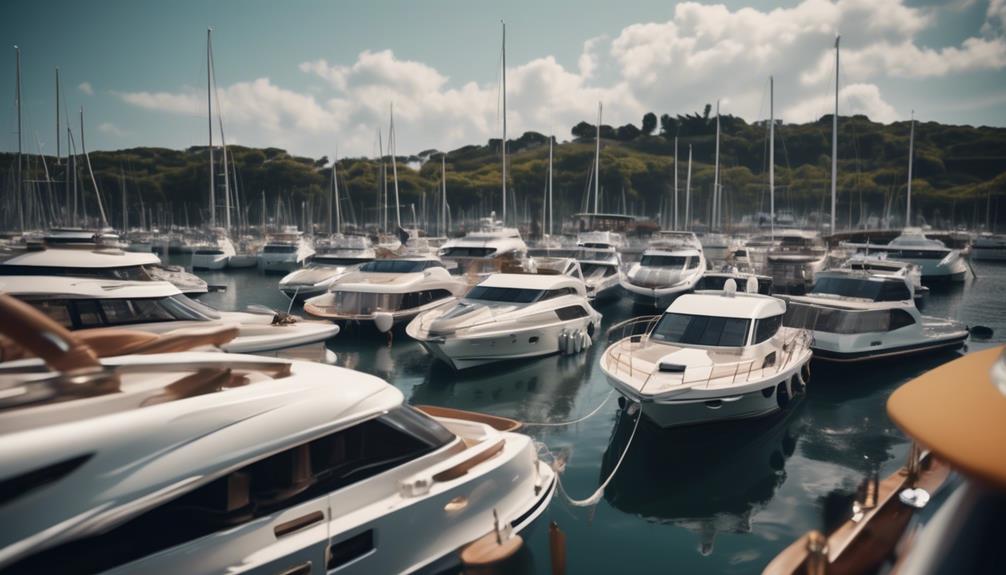
There are various types of boats available, each designed for specific purposes and equipped with distinct features to meet different needs. When considering the cost of owning a boat, it is important to understand the various types and their associated benefits. One option is to purchase a used boat, which can often be a more affordable choice compared to buying a new one. Used boats offer a range of prices depending on factors such as age, condition, and brand. Conducting thorough research and inspections can help ensure the best value for your investment.
Another option to consider is boat rental. Renting a boat allows individuals to enjoy the benefits of boating without the upfront costs associated with ownership. This can be particularly advantageous for those who only plan to use a boat occasionally or for short periods of time. Boat rental services offer a variety of options, ranging from small fishing boats to luxurious yachts, catering to different preferences and budgets.
In addition to used boats and boat rental, it is important to note that there are various types of boats available for purchase, each tailored to specific activities. For example, fishing boats are designed with features such as live wells and fishing rod holders to enhance the angling experience. On the other hand, sailboats are equipped with sails and rigging to harness the power of the wind for propulsion. Understanding the different types of boats and their purposes can help individuals make informed decisions when it comes to purchasing or renting a boat.
Factors Affecting Boat Prices
Various factors can significantly impact the prices of boats, making it essential for potential buyers to consider these factors when making a purchase. Understanding the boat pricing trends and depreciation factors can help buyers make an informed decision and ensure they get the most value for their investment.
Here are three factors that affect boat prices:
- Boat Type: The type of boat plays a crucial role in determining its price. Different types of boats serve various purposes, such as fishing, cruising, or water sports. The functionalities and features of each boat type can vary significantly, leading to differences in pricing. For example, a small fishing boat may be relatively inexpensive compared to a luxury yacht.
- Age and Condition: Just like any other asset, boats depreciate over time. The age and condition of the boat can have a significant impact on its price. Older boats with wear and tear may be priced lower than newer models in better condition. Buyers should carefully consider the maintenance history and overall condition of the boat before making a purchase.
- Brand and Reputation: The brand and reputation of a boat manufacturer can also affect its pricing. Well-known brands with a strong reputation for quality and performance may have higher prices compared to lesser-known brands. Buyers often associate reliability and durability with reputable brands, which can influence their purchasing decisions.
Initial Purchase Costs
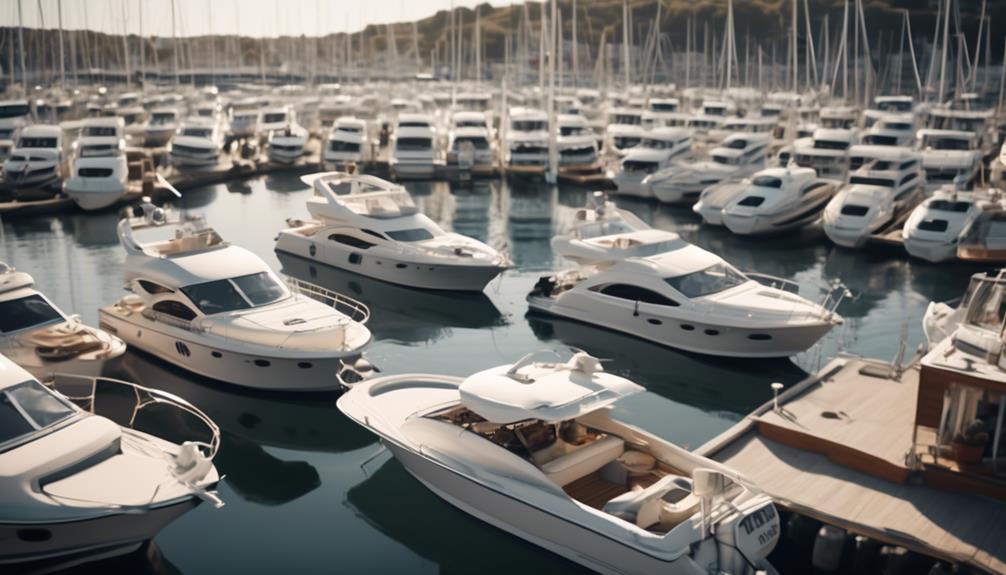
The initial purchase costs of a boat encompass the expenses incurred at the time of acquisition, including the price of the boat itself and any additional fees or taxes. The total cost of buying a boat can vary significantly depending on several factors influencing boat prices. These factors include the type and size of the boat, its age, condition, brand, and any additional features or upgrades. To help potential boat buyers navigate the initial purchase costs, here are some tips for negotiating boat prices:
- Research: Before entering into negotiations, it is crucial to research the market value of the specific boat model you are interested in. This will give you a better understanding of its worth and enable you to negotiate from an informed position.
- Pre-purchase inspection: Hire a professional marine surveyor to conduct a thorough inspection of the boat. This will help identify any potential issues or hidden costs that may affect the boat's value. Use the findings from the inspection to negotiate a fair price.
- Consider financing options: Boat dealers often offer financing options to make the purchase more affordable. Compare interest rates and terms from different lenders to find the best deal for your budget.
- Be prepared to negotiate: Approach the negotiation process with a realistic offer based on your research and the boat's condition. Be willing to walk away if the seller is not willing to meet your price.
- Additional costs: Keep in mind that the initial purchase price is just the beginning. There are additional costs to consider, such as insurance, storage, maintenance, and fuel.
Ongoing Maintenance Expenses
Ongoing maintenance expenses for a boat encompass the regular costs associated with keeping the vessel in good condition and ensuring its optimal performance. Maintaining a boat can be a significant expense, but with proper planning and cost-saving tips, boat owners can minimize these expenses while still ensuring the longevity and reliability of their vessel.
Here are some key factors to consider when budgeting for ongoing maintenance expenses:
- Regular maintenance schedule: Creating and following a regular maintenance schedule is crucial for keeping a boat in good condition. This includes routine tasks such as engine servicing, hull cleaning, and electrical system checks. By adhering to a schedule, boat owners can detect and address potential issues before they become major problems.
- Cost-saving tips: There are several cost-saving tips that boat owners can implement to reduce ongoing maintenance expenses. For example, performing basic maintenance tasks themselves, such as changing oil or replacing filters, can save significant labor costs. Additionally, purchasing supplies and parts in bulk or during sales can help reduce expenses over time.
- Investing in preventative maintenance: Investing in preventative maintenance can save boat owners money in the long run. This includes tasks such as applying anti-fouling paint to the hull, installing sacrificial anodes to protect against corrosion, and regularly inspecting and cleaning the boat's systems. By taking proactive measures, boat owners can prevent costly repairs and extend the lifespan of their vessel.
Additional Equipment Costs
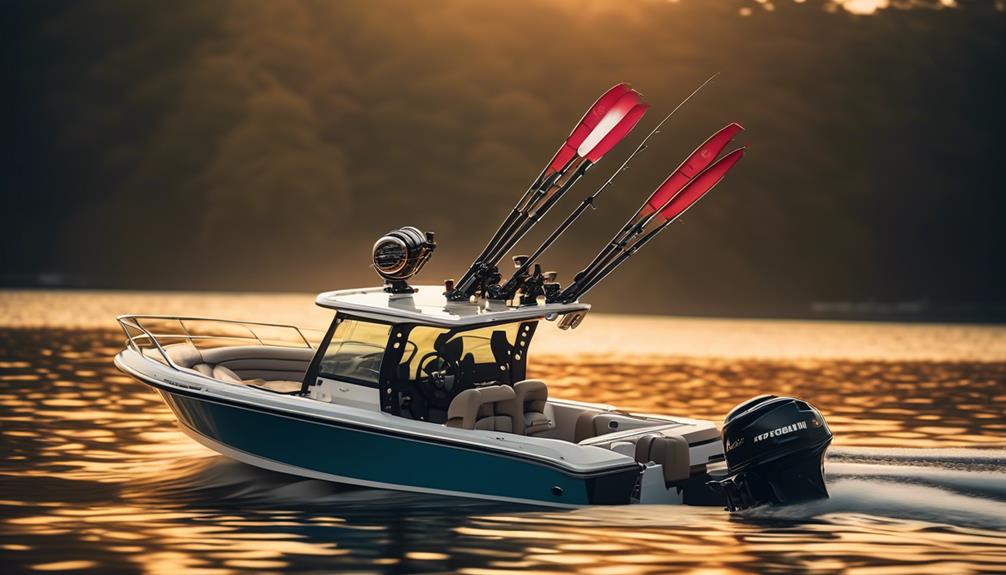
When considering the total cost of owning a boat, it is important to factor in the expenses associated with additional equipment. While the purchase price of a boat is a significant investment, there are various additional equipment options that can enhance the boating experience but also add to the overall cost. These additional equipment costs can vary depending on the type of boat and the specific needs and preferences of the boat owner.
To provide a clear understanding of the cost factors related to additional equipment, let's take a look at a table that outlines some common equipment options and their associated costs:
| Equipment Option | Average Cost | Purpose |
|---|---|---|
| GPS Navigation System | $500 – $2,000 | Provides accurate positioning and navigation data |
| Fishfinder | $200 – $1,500 | Helps locate fish and underwater structures |
| Anchoring System | $300 – $1,000 | Securely holds the boat in place |
These costs are estimates and can vary depending on the brand, quality, and features of the equipment. It's important to consider these additional equipment costs when budgeting for a boat purchase, as they can significantly add to the overall cost of ownership.
Investing in additional equipment options can enhance the boating experience and provide added safety and convenience. However, it's essential to carefully evaluate your needs and prioritize the equipment that will be most beneficial for your boating activities. By doing so, you can make informed decisions and ensure that the additional equipment you choose aligns with your budget and goals.
Storage Fees
When considering the cost of owning a boat, it is important to factor in storage fees. Storage options vary in terms of cost and can significantly impact the overall expenses of boat ownership. Factors that affect storage fees include the location, type of storage (such as indoor or outdoor), and the size of the boat. By understanding these factors, boat owners can make informed decisions about the most cost-effective storage options for their vessels.
Storage Options and Costs
Storage options and associated costs are essential considerations when calculating the overall expense of owning a boat. Boat storage fees can vary depending on the location, type of storage, and amenities provided. Here are some storage options and their costs:
- Marina fees: Many boat owners choose to store their boats in marinas that offer a range of services such as docking, maintenance, and security. Marina fees can range from $200 to $1,000 per month, depending on the size of the boat and the location of the marina.
- Dry storage: Dry storage options include boatyards and storage facilities that offer indoor or outdoor storage. Costs for dry storage can range from $50 to $500 per month, depending on the size of the boat and the amenities provided.
- Self-storage: Some boat owners prefer to store their boats in self-storage facilities. These facilities offer secure storage units for boats of various sizes. Self-storage costs can range from $100 to $300 per month, depending on the size of the storage unit and the location of the facility.
Considering the storage options and associated costs is crucial in determining the overall cost of owning a boat. By understanding these options, boat owners can make informed decisions and plan their budgets accordingly.
Factors Affecting Storage Fees
Considering the various factors that influence storage fees is essential in understanding the overall cost of storing a boat. Two key factors that affect storage fees are the storage location and the size of the boat. The storage location plays a significant role in determining the cost of boat storage. For example, storing a boat in a high-demand area such as a popular marina or a waterfront facility can be more expensive than storing it in a less sought-after location. Additionally, the size of the boat is another crucial factor. Larger boats require more space and resources for storage, which often translates to higher storage fees. It is important for boat owners to consider these factors when budgeting for boat storage to ensure they have an accurate understanding of the overall cost.
Financing Options

Various financing options are available to help individuals purchase a boat. Whether you're looking to buy a new or used boat, these options provide flexibility and convenience. Here are some popular financing options to consider:
- Boat Loan: A boat loan is a common option for individuals looking to finance their boat purchase. Similar to a car loan, a boat loan allows you to borrow the necessary funds to buy a boat and repay it over a set period of time. The loan terms and interest rates may vary depending on factors such as credit history, down payment, and the cost of the boat.
- Boat Leasing: Boat leasing is another option that offers flexibility to boat buyers. With a lease, you essentially rent the boat for a specified period of time, typically a few years. This option allows you to enjoy the benefits of boat ownership without the commitment of a long-term loan. At the end of the lease term, you can choose to return the boat, buy it at a predetermined price, or lease a different boat.
- Dealer Financing: Many boat dealers offer financing options directly to their customers. This can be a convenient option as it allows you to finance your boat purchase at the same place where you're buying it. Dealer financing may come with competitive interest rates and special promotions, making it an attractive choice for some buyers.
When considering financing options for your boat purchase, it's important to carefully evaluate your financial situation and consider factors such as interest rates, loan terms, and monthly payments. Additionally, it's advisable to compare offers from different lenders or dealers to ensure you're getting the best deal. By exploring these financing options, you can make your dream of boat ownership a reality.
Considerations for Budgeting and Affordability
When considering the budget and affordability of purchasing a boat, it is essential to explore the various price range options available. Buyers should carefully evaluate their financial situation and determine the maximum amount they are willing to spend on a boat. Additionally, it is crucial to consider the financing possibilities, such as loans or lease options, to make an informed decision that aligns with their budgetary constraints.
Price Range Options
The cost of purchasing a boat can vary significantly, making it essential to carefully consider price range options when budgeting and assessing affordability. When determining the price range for a boat, there are several factors to take into account:
- Insurance Coverage: Boat insurance is an important consideration, as it provides protection against potential accidents, damage, and liability. The cost of insurance can vary depending on the type and value of the boat, as well as the coverage options chosen.
- Secondhand Market: Buying a used boat can be a cost-effective option, as prices for pre-owned vessels are typically lower than brand new ones. However, it is important to thoroughly inspect the boat and consider any necessary repairs or maintenance costs before making a purchase.
- Additional Costs: Beyond the initial purchase price, it is crucial to account for other expenses such as docking fees, maintenance, fuel, and equipment. These ongoing costs should be factored into the budget to ensure long-term affordability.
Financing Possibilities
One important aspect to consider when budgeting and assessing affordability for purchasing a boat is exploring the available financing possibilities. Financing terms and loan interest rates play a crucial role in determining the overall cost of owning a boat. When seeking financing options, it is essential to compare different lenders and their terms. The interest rates offered by lenders can vary significantly, so it is important to research and negotiate for the best possible rate. Additionally, understanding the financing terms is crucial. Some lenders may offer flexible repayment options, while others may have stricter terms. It is important to carefully review and understand all aspects of the loan agreement before committing to a financing option. By exploring different financing possibilities and carefully considering the loan interest rates and terms, boat buyers can make informed decisions and ensure they can comfortably afford their purchase.
Frequently Asked Questions
Are There Any Legal Requirements or Licenses Needed to Operate a Boat?
Legal requirements for operating a boat vary depending on the jurisdiction. In most countries, operators are required to obtain a boating license or complete a boating safety course. These requirements aim to ensure that boat operators possess the necessary knowledge and skills to navigate waterways safely. The licensing process typically involves completing a written exam and a practical test. Additionally, some jurisdictions may have specific age restrictions or require additional certifications for certain types of boats or activities.
How Long Does a Typical Boat Last Before It Needs to Be Replaced?
Boat lifespan and maintenance are key considerations for boat owners. Understanding how long a typical boat lasts before replacement is crucial for budgeting and planning. Factors such as boat usage, maintenance practices, and the quality of materials used in construction can influence the lifespan. Regular maintenance, including cleaning, engine upkeep, and inspections, can extend the life of a boat. By implementing innovative technologies and materials, boat manufacturers strive to enhance durability and optimize performance, ensuring a longer lifespan for boats.
Can I Rent a Boat Instead of Buying One?
Renting a boat can be a viable alternative to buying one, offering various advantages. Renting options provide flexibility in terms of boat type, duration, and location, allowing individuals to tailor their experience. Additionally, renting eliminates the upfront costs associated with purchasing a boat, such as maintenance, storage, and insurance. This can be particularly advantageous for those who only require a boat occasionally or for specific events. By opting to rent, individuals can access the benefits of boating without the long-term commitment and financial obligations of ownership.
Are There Any Tax Implications or Fees Associated With Owning a Boat?
Tax considerations and registration fees are important factors to consider when owning a boat. Depending on the jurisdiction, there may be sales tax or use tax on the purchase price of the boat, as well as ongoing property taxes. Additionally, boat owners are typically required to pay registration fees, which vary depending on the size and type of the vessel. These costs should be factored into the overall expenses of owning a boat and should be researched thoroughly to ensure compliance with local regulations.
What Are Some Common Mistakes to Avoid When Purchasing a Boat?
When it comes to purchasing a boat, there are several common mistakes that buyers should avoid. These include failing to thoroughly research and inspect the boat before making a purchase, not considering the costs of maintenance, insurance, and storage, and overlooking the importance of a sea trial. Additionally, buyers should be cautious of purchasing a boat without a clear understanding of their needs and intended use, as well as not seeking professional advice or guidance throughout the purchasing process. Avoiding these mistakes can help ensure a successful boat purchase.
Conclusion
In conclusion, the cost of a boat can vary greatly depending on various factors such as the type of boat, size, brand, and additional equipment. Initial purchase costs include the price of the boat itself, while ongoing maintenance expenses and storage fees also contribute to the overall cost. Financing options may be available to help with affordability. It is crucial to consider all these factors and budget accordingly when deciding to purchase a boat.
